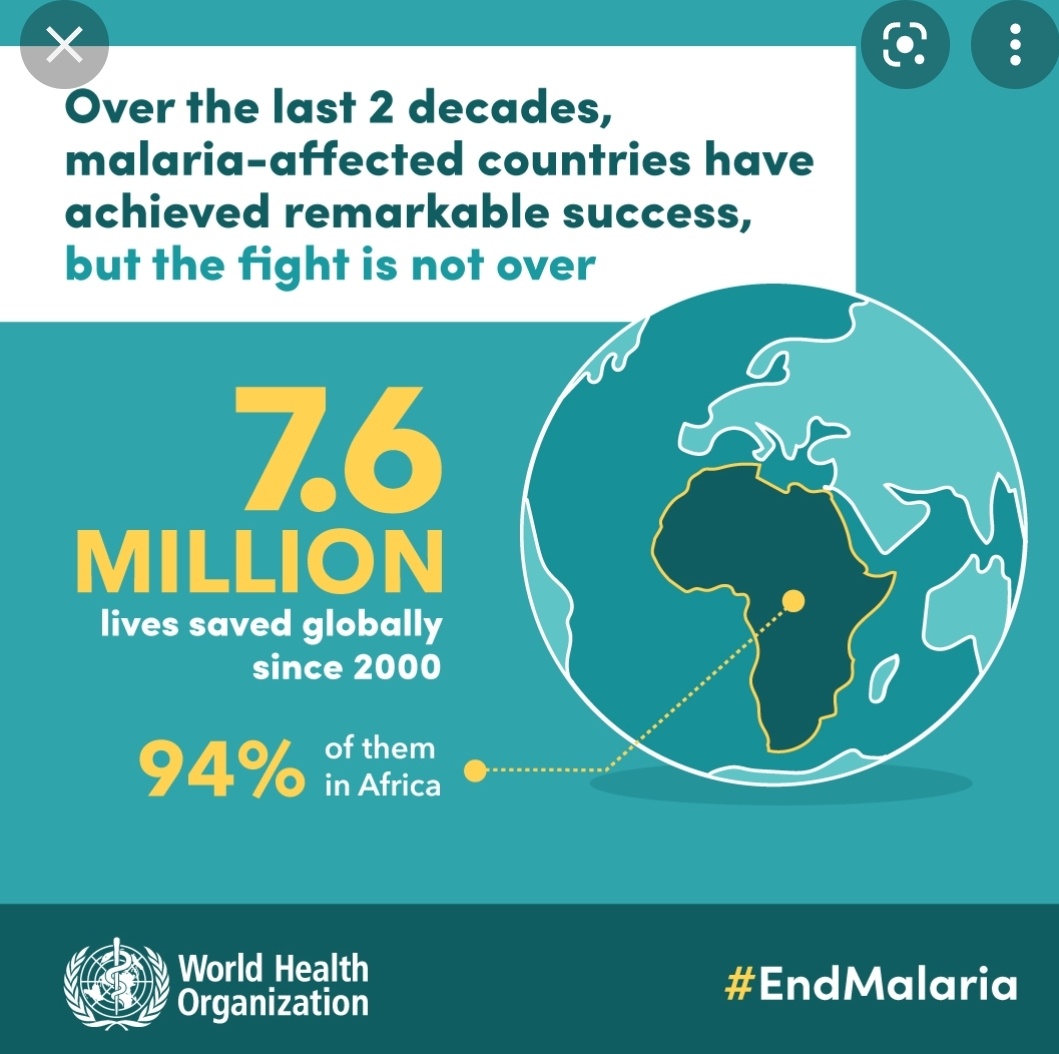
Mosquitoes are classified under the class Insecta and more specifically the Culicidae family. According to a survey of 2,000 people by OnePoll, mosquitoes were chosen as the 4th most hated insect in the United States.
Similarly, List25 placed mosquitoes as “humanity’s most hated insect.” These results are justified by the irritable and sometimes deadly nature of these bloodsucking creatures. Some might argue that we should eradicate mosquitoes altogether, but this is not ideal because the disappearance of mosquitoes can have a detrimental effect on the ecosystem.
Fortunately, using a cutting-edge technology called CRISPR, scientists might have found the answer to the long-standing question: How can humans and mosquitoes coexist peacefully? Excluding ourselves, mosquitoes are the most fatal animal species to mankind.
They are known carriers for diseases like Zika, Dengue fever, Yellow fever, Chikungunya, and Malaria. These disease-carrying mosquitoes are especially deadly to the people that live in rural areas because it is more difficult for them to receive the necessary medical treatments.
People who get infected with these diseases are afflicted with symptoms like fever, headaches, diarrhea, and vomiting. These mosquito-transmitted diseases plague around 700 million people each year and account for about 1 million casualties.
The World Health Organization states that “more than half of the human population is currently at risk from mosquito-borne diseases.”Despite the negative effects mosquitoes have on humans, they are a vital part of the ecosystem.
Contrary to popular belief, not all mosquitoes bite. Out of the 3,500 known mosquito species, only a few prey on human blood. In fact, only three species, Anopheles, Culex, and Aedes, carry the majority of diseases that affect humans.
And of that small percentage, only 50% bites humans as only female mosquitoes feed on blood. The vast majority of mosquitoes feed on flower nectar. And as a result of their diet, they are vital pollinators for flowers and plants.
Secondly, mosquitoes also play a big role in the food chain. Since they are at the bottom of the food hierarchy, they are a food source for many animals like dragonflies, fishes, frogs, and bats.Because animals in the food web are all interconnected, if mosquitoes were to disappear, it would have a catastrophic effect on the ecosystem.
In recent years scientists might have found a way for humans and mosquitoes to peacefully coexist by using cutting-edge technology, CRISPR. In 2012, CRISPR was unveiled as a revolutionary technology to alter DNA. CRISPR allows scientists to alter the genetic material in cells and also turn on and off specific genes.
Using CRISPR, scientists tested two methods for mosquito-transmitted disease eradication, “population replacement” and “population suppression.” Population replacement uses gene drives that allow divergence from conventional heritability possibility and allow for a selected trait to be passed down to more than 50% of the offspring.
Using CRISPR, scientists at Johns Hopkins University, learned that deactivating fibrinogen-related protein 1 could reduce the transmission of malaria by mosquitoes.
On the other hand, population suppression uses CRISPR to reduce the population of mosquitoes. Researchers from Imperial College London used this method to reduce female mosquitoes in a population.
This method was found to be successful when by the 7-11 generation, the production of mosquito eggs dramatically decreased, causing a collapse of the population. Both methods of CRISPR seem to have promising results in the eradication of mosquito-transmitted diseases.
However, there are people that are opposed to the use of CRISPR. Dana Perls, who is part of an environmental group called Friends of the Earth said, "This is an experimental technology which could have devastating impacts."
Many experts are concerned about the unknown impact that the genetically modified swarm of mosquitoes will have on the natural environment. Although the mosquitoes have been tested in labs, scientists are unclear on what kind of impact they will have on the natural ecosystem. "They're trying to use Africa as a big laboratory to test risky technologies."
Nnimmo Bassey, director of the Health of Mother Earth Foundation in Nigeria said. Secondly, some people argue that using CRISPR is unethical and could be dangerous. However, the scientists that experimented with CRISPR are confident that it is beneficial and safe.
“The known harm of malaria so outweighs the combined harms of everything that has been postulated could go wrong ecologically," Kevin Esvelt, an evolutionary engineer at the Massachusetts Institute of Technology said. Ruth Mueller, an entomologist who was in charge of the labs also said, "We really want to show that we work very, very sound and responsible about this new technology."
Mosquitoes account for millions of people getting sick and getting killed from mosquito-transmitted disease every year. But at the same time, mosquitoes are a necessity to the natural ecosystem.
CRISPR, a new technology of gene editing, can be used to eradicate mosquito-transmitted diseases. However, it has its pros and cons. I believe that scientists should use CRISPR technology to eradicate mosquito-transmitted diseases.
The use of CRISPR on a limited number of mosquito variants, the ones that bite, could reduce the unknown risks it can have on the environment. And most importantly I believe even the slightest hope of saving millions of lives using CRISPR outweighs the unknown risks it could have.

Somang Yang
Grade 11
Asia Pacific International School

